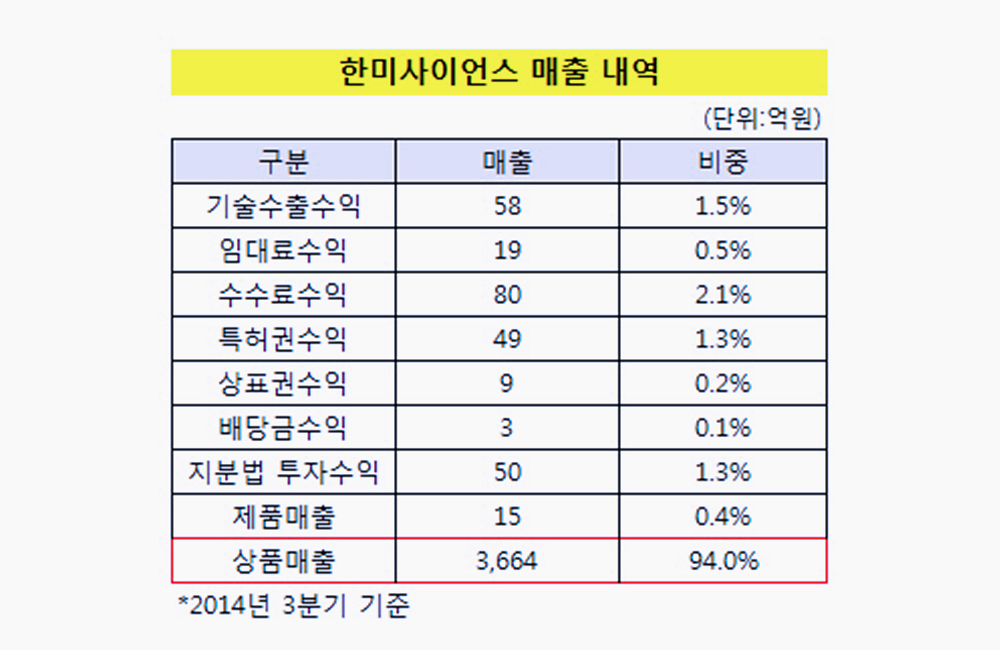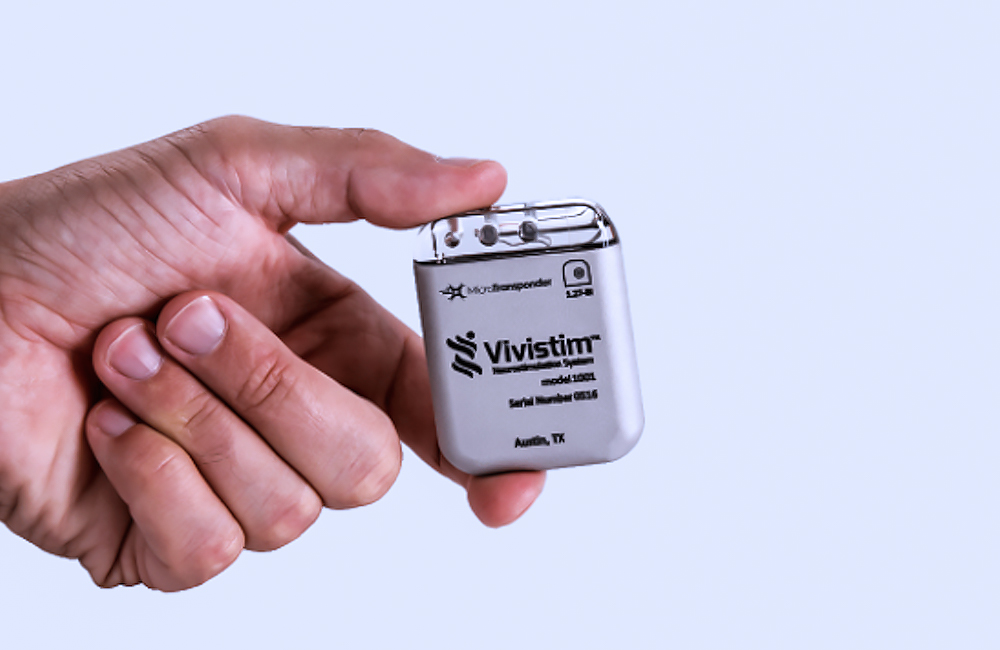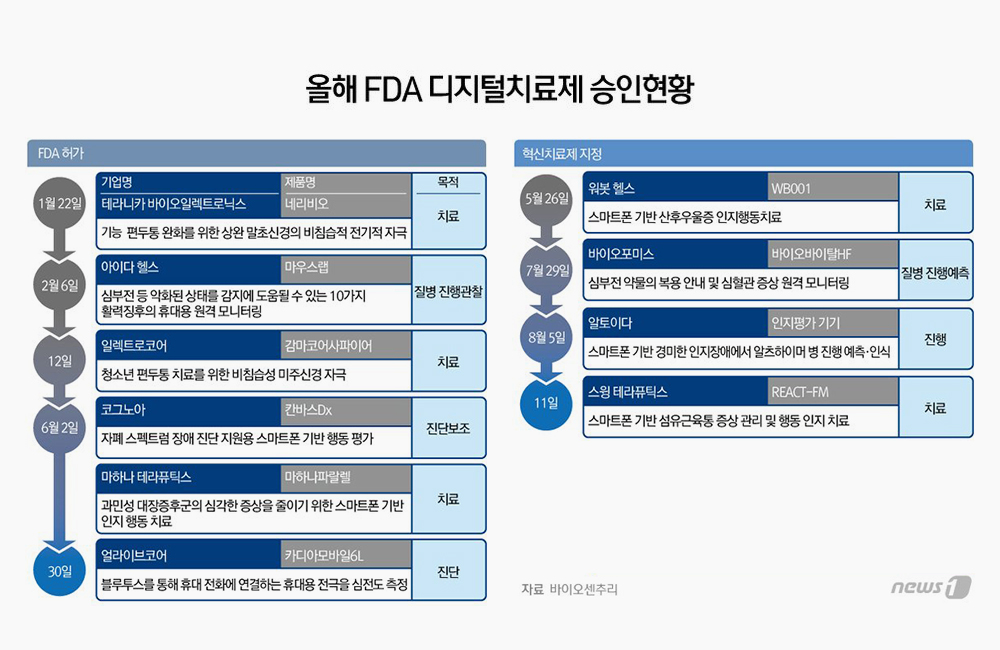It will utilise Alcidion's Miya Precision
platform to identify priority areas where decision support tools will add
value.
The government-backed Digital Health
Cooperative Research Centre has set up a A$1.5 million ($2.1 million) research
project that will evaluate and improve clinical decision support tools across
regional and metropolitan hospitals settings in Australia.
The project is a three-year collaboration
between Sydney Local Health District (LHD), eHealth NSW, Murrumbidgee LHD, NSW
Health, University of Sydney, Queensland University of Technology (QUT) and
Alcidion.
WHY IT MATTERS
Clinical staff are facing challenges in decision
making when treating patients, especially during this pandemic.
In a media release, Melissa Baysari,
associate professor at the University of Sydney, noted that while hospitals
have implemented decision support systems, these are either "poorly taken
up or worked around".
"We need to improve the ‘fit’ between
decision support technologies and the people who use them," she stressed.
The research team emphasised the importance
of their project as a 2019 report on Australian hospitals found that lapses in
patient safety cost an estimated A$4.1 billion ($3 billion) between 2017-2018.
It contributed to 8.9% of hospitals' total activity and expenditure.
Their project will make use of Alcidion's
Miya Precision system to identify priority areas where decision support tools
will add value. The platform, which consolidates data from various systems such
as EMRs, is currently being used by the Royal Prince Alfred Hospital and Wagga
Base Hospital.
"The outcomes identified will allow us
all to make a direct impact on improved patient care," Alcidion Group
Managing Director Kate Quirke shared.
THE LARGER TREND
Last week, Alcidion announced its extended
contract with the Sydney LHD for the use of its Miya Precision system to
remotely monitor the conditions of patients with acute diverticulitis and its
integration with the LHD's Cerner EMR. In the prior 12-month contract, the
platform supported the virtual care delivery of the RPA Virtual Hospital for
COVID-19 patients under home isolation.
Meanwhile, DHCRC has been working with the
University of South Australia and SA Health to create a digital analytics tool
that can predict emerging risks of adverse events in hospitals. Their project
aims to resolve patient safety issues, such as ramping, suicide prevention, medication
and falls incidents.
In July, the research agency put up a
project that will deliver real-time patient data via dashboards. Led by
institutions under Monash University, the dashboards project will use data from
Eastern Health's EMRs and the Victorian Health Incident Management System.
ON THE RECORD
"With hospitals on the frontline of
Australia’s healthcare delivery, this project aims to support clinical staff
who are faced with an enormous number of decisions when treating patients –
navigating the ever-growing array of drugs, tests, techniques, medical
technology and health data now available," said DHCRC CEO Dr Terry
Sweeney.









